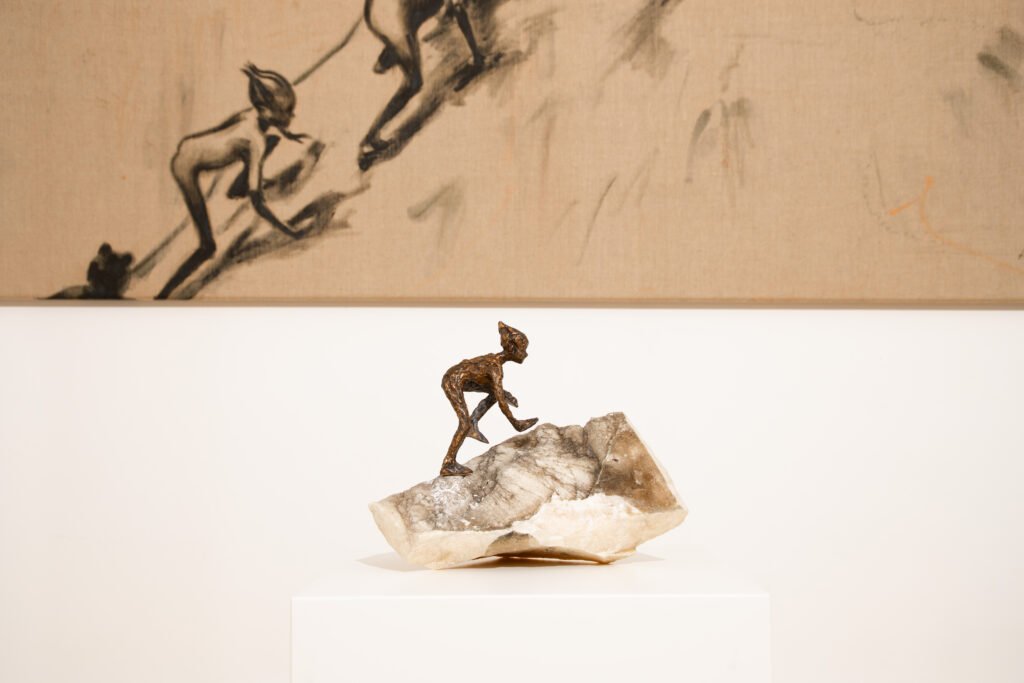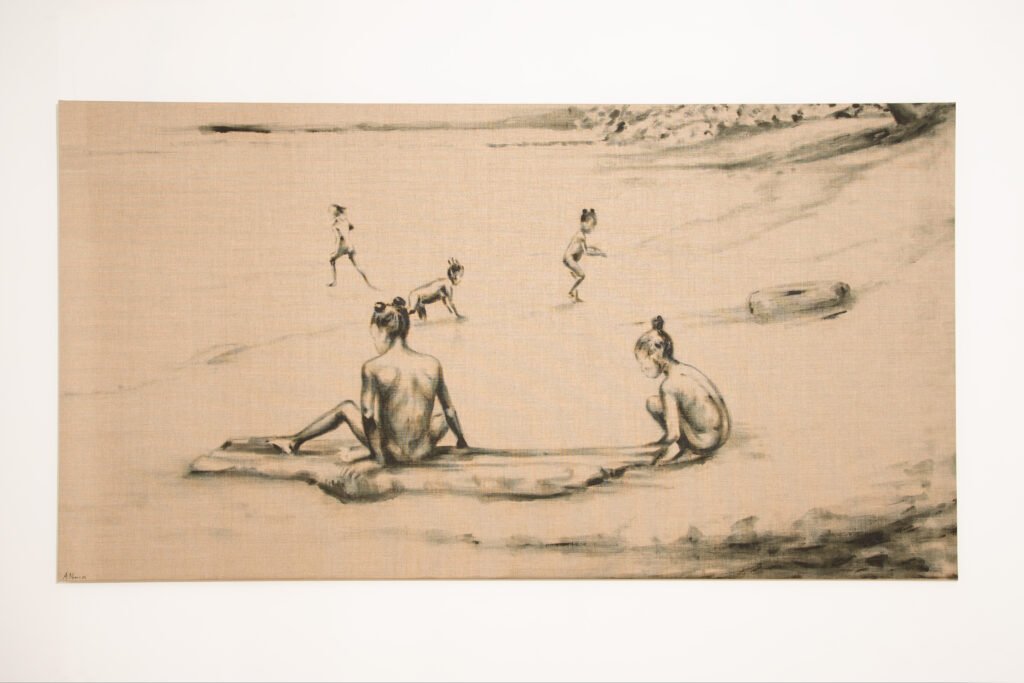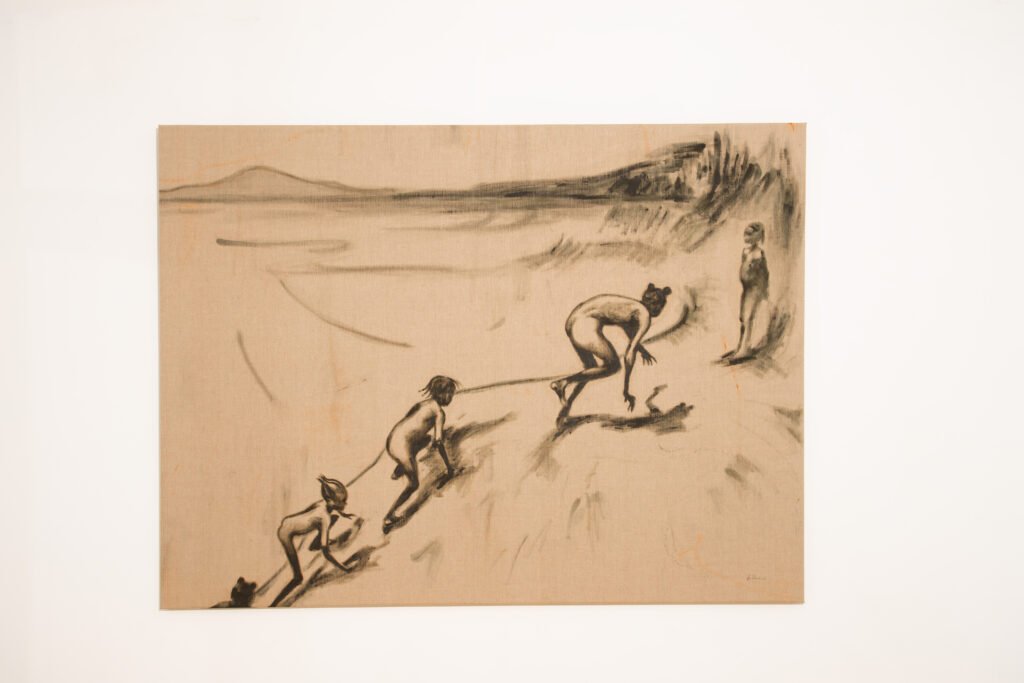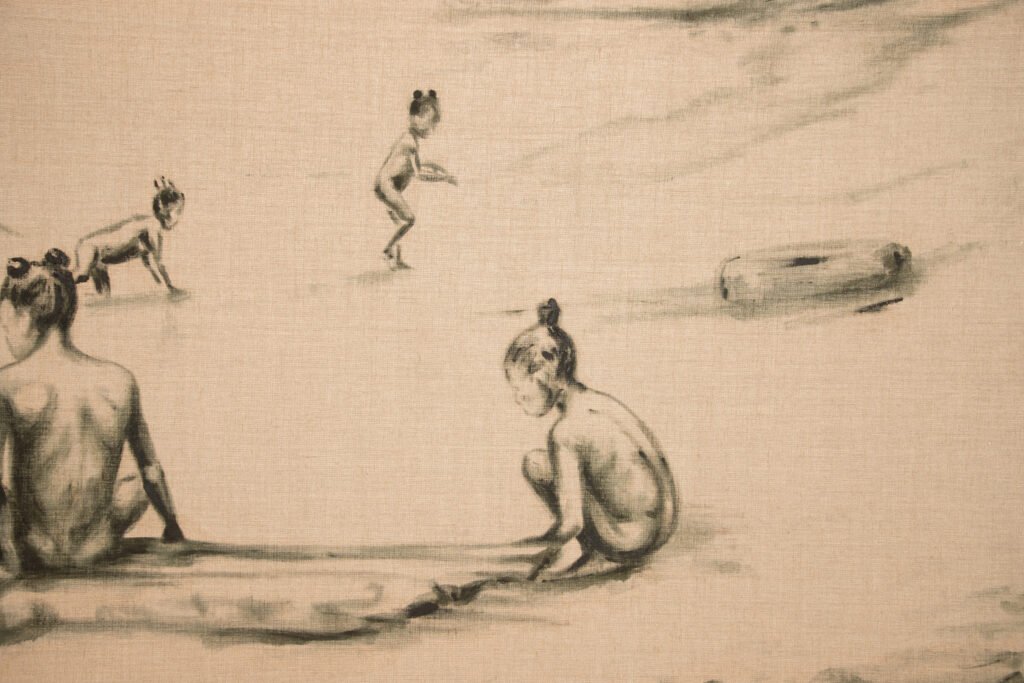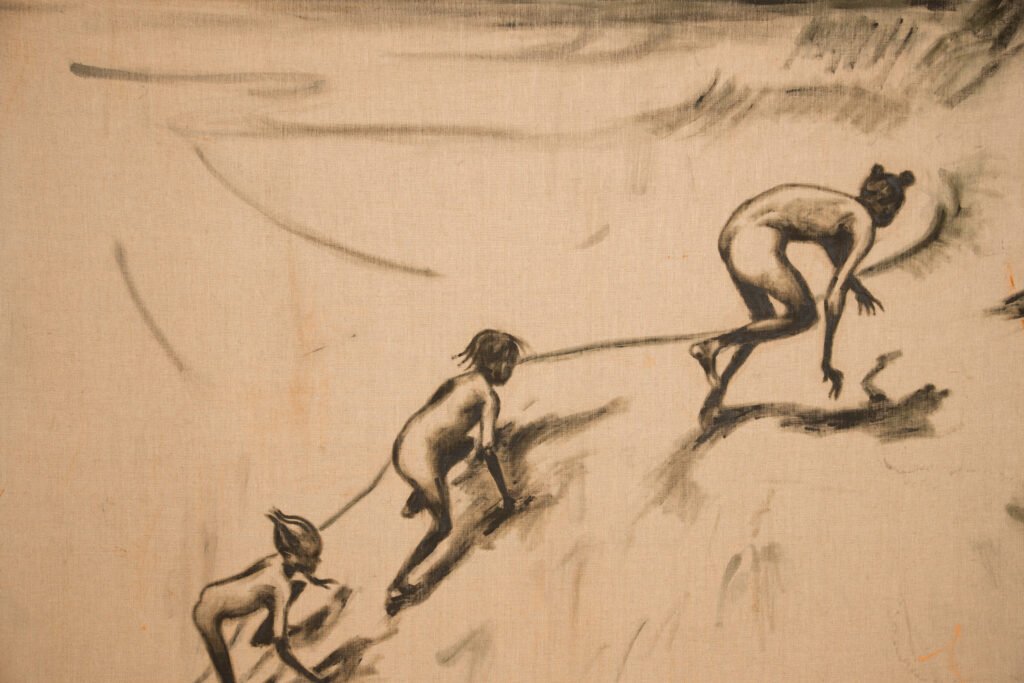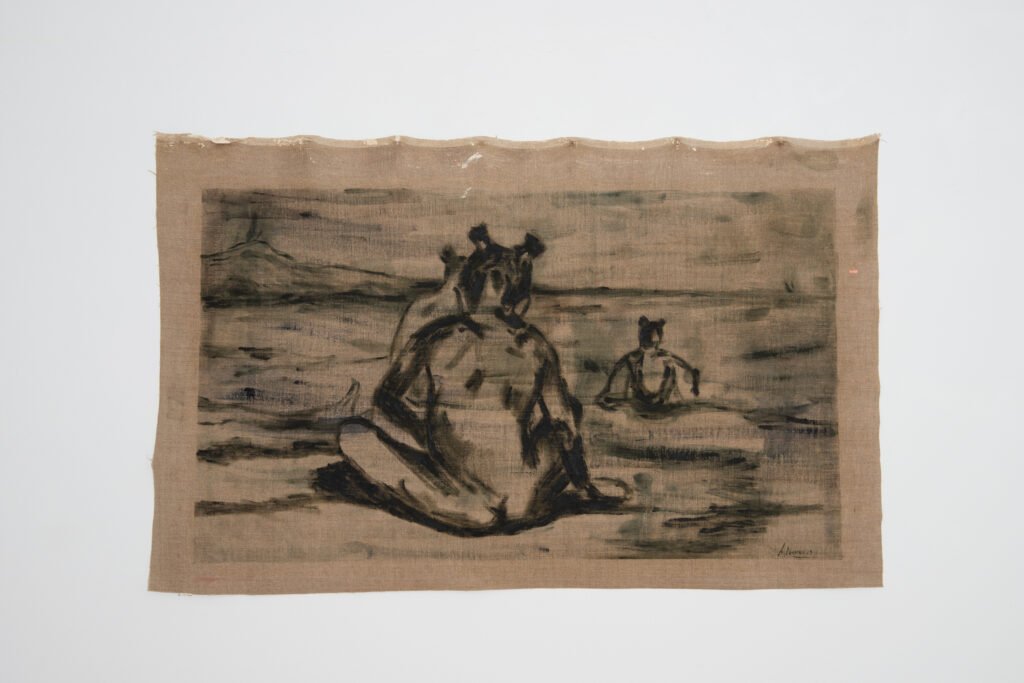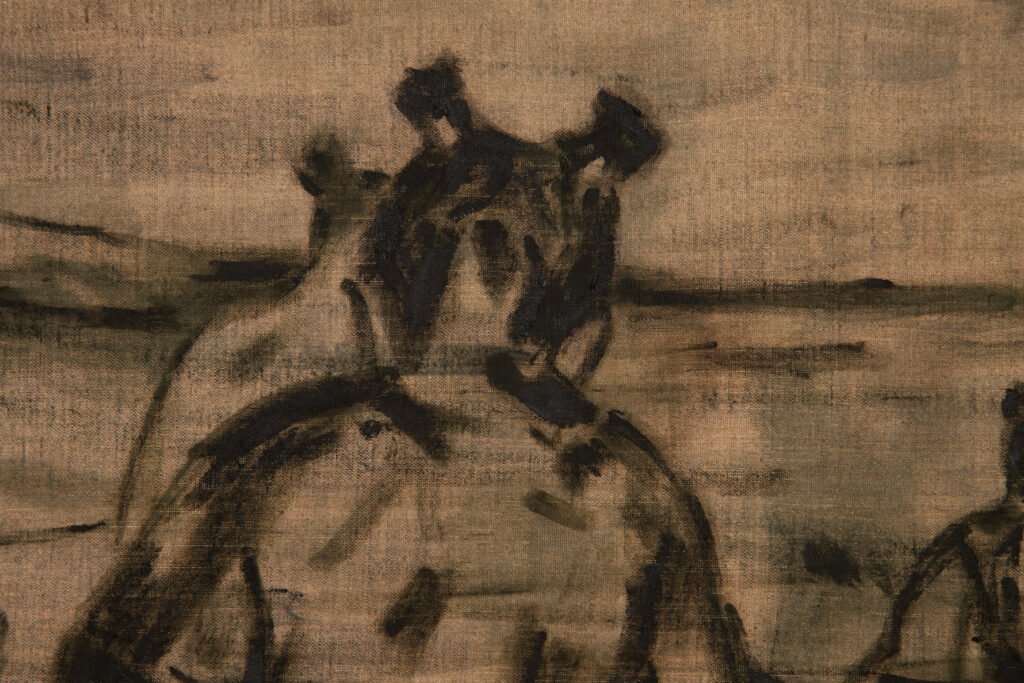© Anna Nunes 2025
The Coloniality of Gender
In 2023, I traveled to São Tomé, an island conceived as the first large-scale plantation experiment in the Atlantic world and later used as a model for systems of exploitation in South America and the Caribbean.
Within this context, I studied how these histories, accompanied by the loss of cultural and ecological heritage, have shaped profound gender inequality and structural violence against women. I lived with families and listened to the accounts of women and girls, who spoke of their presence being confined to the domestic sphere and overshadowed by the constant threat of sexual abuse. Their experiences revealed how colonial legacies have inscribed themselves upon body, movement, and landscape.
We spoke of loss and exclusion, but also of the possibilities for change and repair.
Together, we imagined a world where girls could inhabit space without constraint: a world in which we long to live and grow. From this exchange arose a series of works in which figures of girls move freely through forest, shoreline, and sea: landscapes that, in reality, have largely been denied to them. The works hold the tension between dream and reality, serving as an invitation to question established norms. A first gesture toward challenging colonial legacies.
